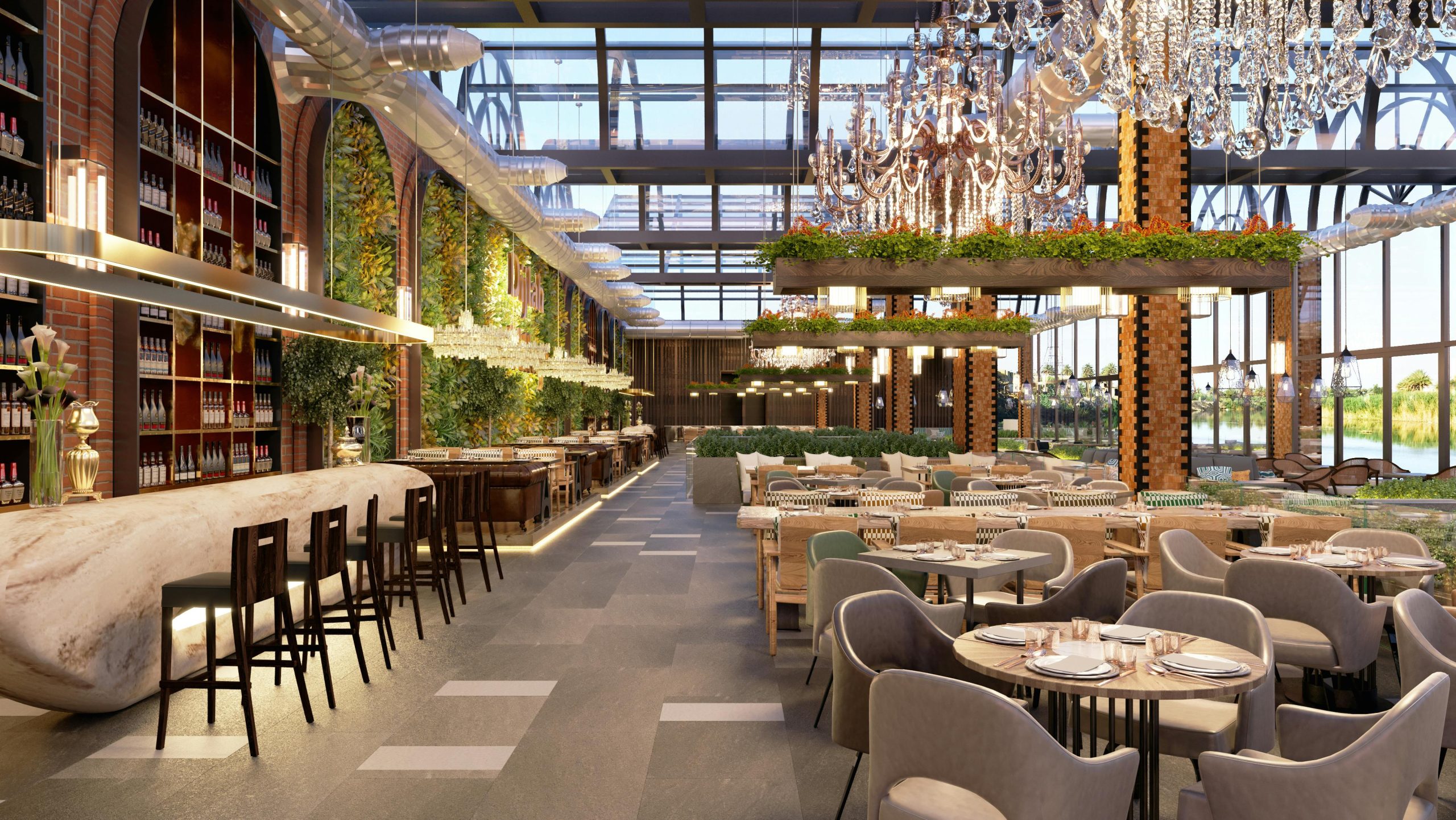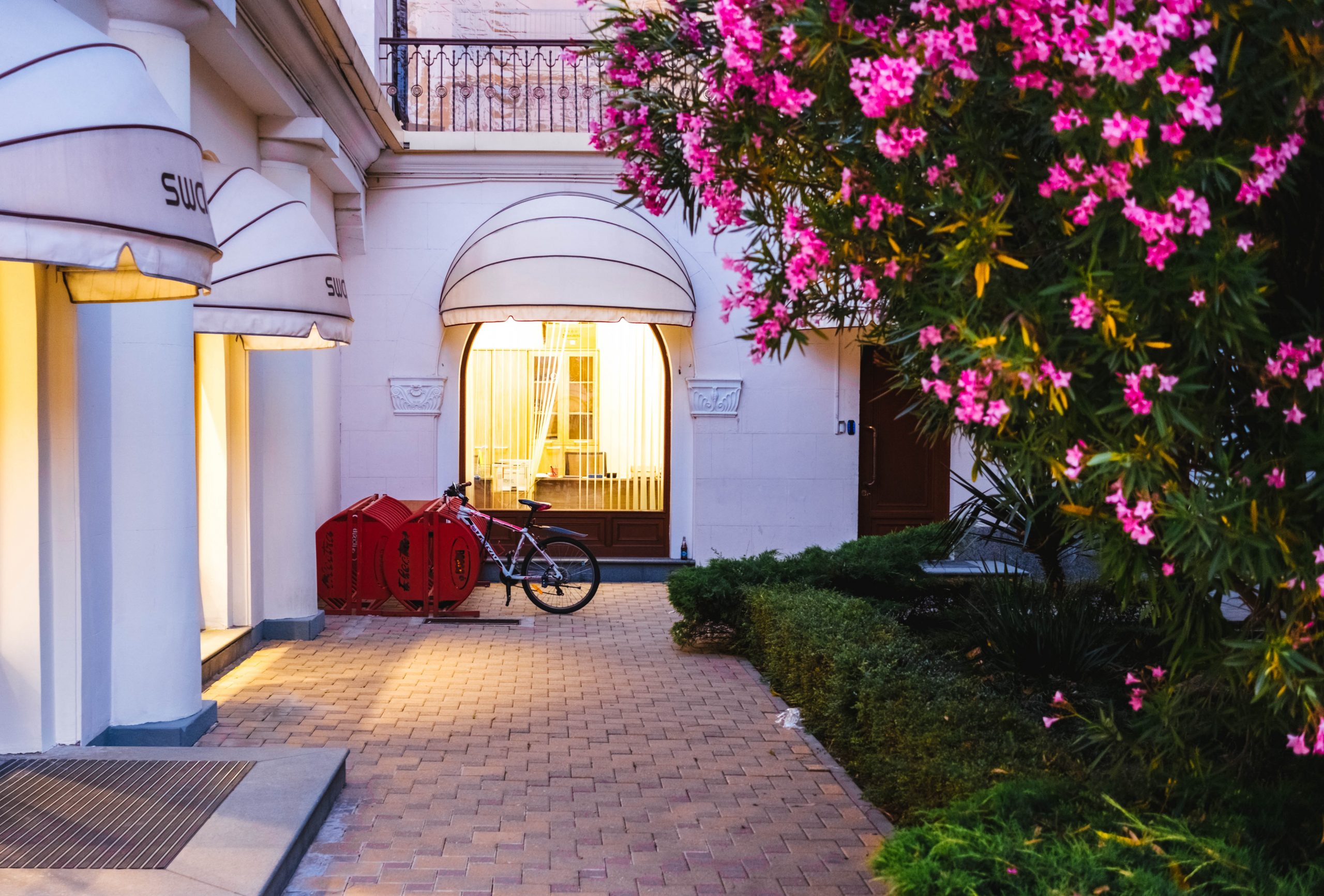The Revolution of Hotels as Gastronomic Destinations in 2024
In the hotel industry, innovation and adaptation are key to staying relevant and competitive. One of the emerging trends we've observed, especially looking towards 2023 and 2024, is the transformation of hotels into true gastronomic destinations. According to the World Food Travel Association, the global culinary tourism market is estimated to be worth $1.8 trillion by 2025, with a compound annual growth rate (CAGR) of 13.2% between 2023 and 2025. A clear example of this can be seen in Mexico, a country recognized for its rich culinary diversity. This year, Mexico has been highlighted by the prestigious Michelin Guide, which has decided to include five Mexican destinations - Mexico City, Nuevo León, Oaxaca, Baja, and Los Cabos - in its repertoire for the first time. Additionally, Los Cabos is emerging as a clear example of how hotels can capitalize on this trend by integrating high-quality gastronomic experiences into their offerings. In recent years, Los Cabos has seen the opening of new luxury properties from recognized brands such as St. Regis, Four Seasons, Park Hyatt, Soho House, Aman, and Velas Resorts. These properties not only expand the luxury accommodation portfolio in the region but also integrate international-caliber gastronomic services, reinforcing the destination's position as a
Gastronomy as a form of cultural expression
Gastronomy is much more than a mere source of sustenance. It is a language, an artistic expression deeply rooted in the cultural identity of a people. Through its flavors, aromas, and culinary techniques, gastronomy transcends borders, allowing us to explore and understand the richness of the cultures that create it. On this occasion, I am pleased to discuss with you a deeper perspective on this industry, and how it is more than just a basic necessity; it is a way of communicating, sharing, and celebrating. Gastronomy as a Reflection of Cultural Identity A region's cuisine mirrors its history, traditions, and values. Each dish, each ingredient, tells a story about its place of origin. For example, Mexican cuisine is a blend of flavors and cooking techniques from pre-Hispanic, European, and African cultures, while French cuisine is known for its sophistication and use of high-quality ingredients. Both are historical archives where the influences of past generations are found. Gastronomy as a Form of Communication In a globalized world, gastronomy has become a bridge that connects people from different backgrounds. Eating together is a way to build bonds and understand cultural differences. When we share a meal prepared with love and care, we engage in a silent conversation
Recycling, waste management, and other initiatives for a more sustainable hotel industry
The hospitality industry is one of the largest and most prosperous in the world, generating approximately $7.7 trillion in global revenue in 2022. However, it is also one of the most polluting. A study published in Nature Climate Change estimates that the hospitality industry is responsible for 8% of global greenhouse gas emissions, while data from the World Tourism Organization (UNWTO) predicts that CO2 emissions from tourism will increase by at least 25% by 2030. Given the challenge posed by climate change and the responsibility that falls on renowned corporations and brands, it is my pleasure to address in this article the actions that major hotel chains are taking to reduce their environmental footprint. One of the primary sources of pollution in the hospitality industry is waste. Hotels, restaurants, and other tourism businesses generate significant amounts of waste, including paper, plastic, glass, and metal. This waste can have a detrimental impact on the environment, contributing to climate change, air and water pollution, and biodiversity loss. In this regard, in recent years the hospitality industry has begun to take measures to mitigate its environmental footprint, with a key strategy being recycling. A significant example is the commitment of the Hilton hotel chain, known for
Sub-Tourism: An Alternative to Addressing the Challenges of Mass Tourism
Tourism is one of the world's largest industries, and its growth has been steady in recent years. According to data from the World Tourism Organization (UNWTO), in 2019, an estimated 1.465 billion international trips were made, marking a milestone in the industry's history. However, the COVID-19 pandemic in 2020 represented an unprecedented setback for the sector. With grounded airplanes, closed hotels, and travel restrictions worldwide, the number of trips plummeted dramatically to 406.98 million. Despite the challenges faced by the industry, UNWTO reported that by 2022, approximately 962.80 million trips were recorded worldwide, demonstrating astonishing growth of 136.95% compared to 2020. These figures underscore the sector's resilience and adaptability, prompting questions about how we can maintain a balance between this rapid growth and sustainability. One of the most pressing challenges of mass tourism is its impact on the environment and local communities. The overexploitation of tourist destinations can deplete natural resources and disrupt the daily lives of host populations. In response, UNWTO has acknowledged these issues and promotes sustainable tourism as a solution. This involves adopting environmentally friendly practices and fostering healthy cultural interaction. In this context, the concept of "sub-tourism" emerges as an alternative. It involves seeking more authentic and less crowded
The evolution of boutique hotels: personalized and exclusive experiences
In a world where hospitality and comfort converge with individuality and exclusivity, boutique hotels have emerged as beacons of light in the modern hotel industry. According to a report from the Statista Research Department, the boutique hotel market in the United States experienced a significant recovery, projecting to reach $23.18 billion in 2022. This resurgence is even more remarkable considering the decline in 2020 due to the COVID-19 pandemic and subsequent reduction in travel. In 2021, the boutique hotel sector in the United States hosted a total of 3,797 companies, a significant increase from the 3,352 the previous year. Optimistic projections anticipated that the number would reach 4,487 in 2022, demonstrating continued confidence in the potential and sustained demand for these unique and personalized experiences. The evolution of the market size not only reflects an impressive recovery but also a consistent growth in the number of sector companies over the last decade. The Impact of Boutique Hotels on the Hotel Industry The influence of boutique hotels on the hotel industry cannot be underestimated. These distinctive establishments have introduced a revolutionary approach that highlights individuality and personalized attention. While traditional hotel chains offer a uniform experience, boutique hotels stand out for their distinctive character and





